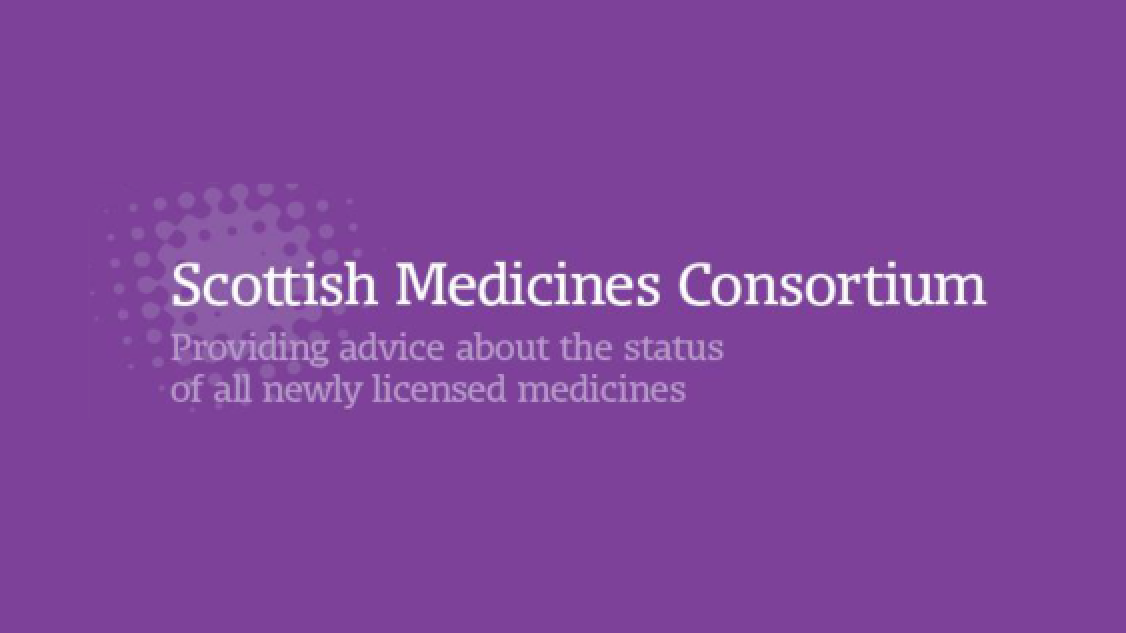Share this Page:
We are delighted that the Scottish Medicines Consortium (SMC), which reviews newly licensed medicines, has published advice recommending tivozanib (Fotivda) as a new first-line treatment option for people with advanced renal cell carcinoma (RCC) for use within NHS Scotland.
Tivozanib, a tyrosine kinase inhibitor, was accepted following consideration through the SMC’s Patient and Clinician Engagement (PACE) process, which is for medicines used at the end of life and for very rare conditions. Tivozanib is a once-daily oral tablet that targets all three receptors in the vascular endothelial growth factor (VEGF) pathway involved in the growth of tumours. This makes tivozanib an especially potent tyrosine kinase inhibitor with a good side effect profile and improved efficacy.
Tivozanib has been shown to significantly increase progression-free survival in the first-line setting compared to sorafenib from 9.1 months to 12.7 months. This evidence came from TIVO-1, an open-label randomised controlled trial that primarily investigated whether tivozanib prolongs time to disease progression compared with sorafenib. Tivozanib is reasonably well tolerated, with a similar side effect profile to other first-line treatments, such as sunitinib and pazopanib.
Recommendation of tivozanib for use as a first-line treatment for advanced kidney cancer increases the options available to clinicians and patients for managing this disease. Current first-line treatments offer an important, but sometimes short-lived period of stability, but not all patients respond to these treatments and most patients become refractory after a period of time. Biomarkers for the treatment of RCC are yet to be identified, and unfortunately clinicians are not able to predict which patients will respond to which drug. Therefore, a choice of treatment alternatives in the first-line will enable patients to continue managing their disease, and to maintain quality of life.















